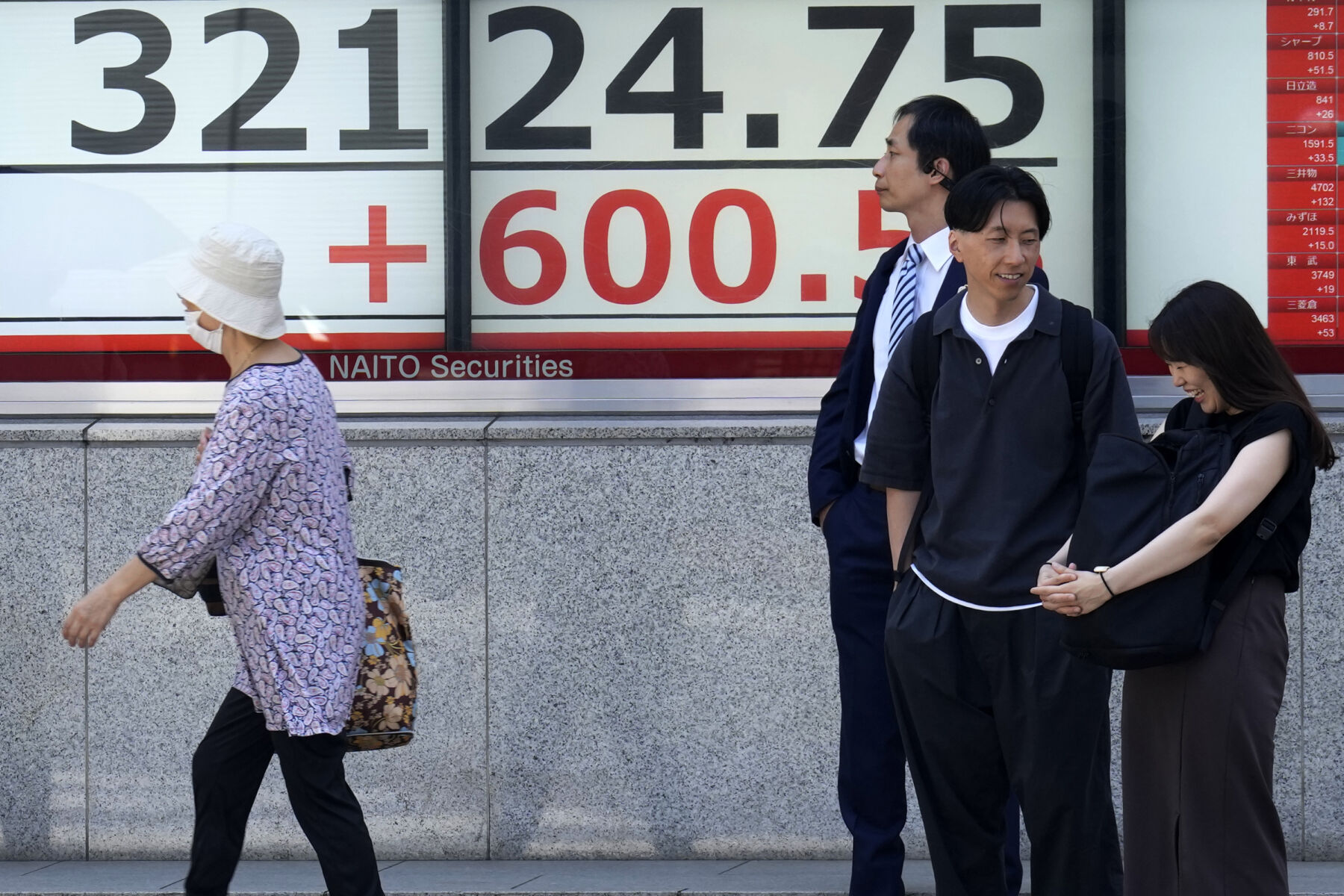Japan sees fastest wage growth in 30 years but weak household spending persists

In April, Japan experienced a rise in wages as major companies increased pay at the fastest rate in 30 years, responding to workers’ demands for higher salaries to cope with inflation. However, household spending remained weak, highlighting an uneven economic recovery. The wage data offers an early insight into the effects of the spring labour negotiations, known as “shunto,” and the Bank of Japan governor Kazuo Ueda has stated that the end of easy policy will depend on achieving sustainable 2% inflation alongside wage increases.
Total cash earnings, or nominal wages, increased by 1.0% in April compared to the previous year, according to labour ministry data. This growth was smaller than the revised 1.3% rise recorded in March. Regular or base salary increased by 1.1% in April, the fastest in four months, while overtime pay fell 0.3% for its first decrease in over two years. Inflation-adjusted real wages declined 3.0%, marking the 13th consecutive month of year-on-year decreases.
Major firms agreed to wage increases of 3.66% at shunto this year, the largest since 1993, as reported by the national labour organisation Rengo’s latest survey. Rising inflation and a shrinking workforce are prompting smaller firms to follow suit. However, Japanese household spending fell 4.4% in April compared to the previous year, exceeding the median market forecast for a 2.3% decline and marking the largest drop since February 2021.
The weaker spending data indicates that the economic recovery will remain modest until consumption increases, as a global slowdown impacts Japan’s crucial export sector. Services spending decreased 1.9%, the first contraction in 13 months, while spending on goods fell 3.4%. On a seasonally adjusted month-on-month basis, household spending declined 1.3%, against an estimated 0.6% gain, reports Channel News Asia.
Economist Takeshi Minami commented, “With the momentum of price hikes for consumer goods remaining strong, Japan’s consumption won’t see a full-fledged recovery unless real wage growth turns positive.” He added that inflation may remain above 2% until the end of the year, resulting in weak real wages and overall consumption.
Latest Thailand News
Follow The Thaiger on Google News:
























